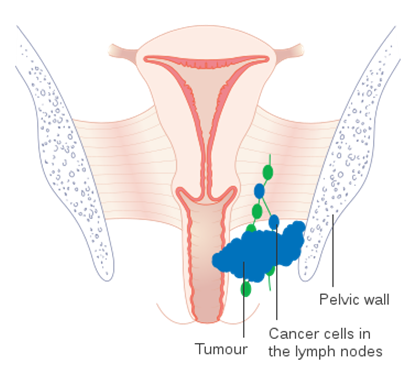Is it vaginal cancer? Signs to look out for

It is rare for cancer to start in the vagina; it usually starts in the cervix or womb and then grows into the vagina. Approximately 1240 women will die of the disease this year. There are two different types of vaginal cancer, squamous cell and adenocarcinoma.

Rare
Adenocarcinoma is rare, starting in the glandular cells, which make a liquid to lubricate the vagina. It affects women under 30 but can also happen in older women. Doctors cannot pinpoint the cause of this cancer but some of the symptoms include pelvic pain, watery vaginal discharge, painful and frequent urination, swelling legs, constipation and unusual vaginal bleeding. If you have any of these symptoms seek advice from a medical professional as soon as possible.
Screening
Doctors use periodic screening to detect tumours. This can be achieved using blood tests and imaging tests. A biopsy is then required to diagnose whether a tumour is malignant.

Common
Squamous cell is the more common of the two; it starts in the squamous cells which line the vagina and mainly affects women over 60. Research has linked certain strains of HPV with vaginal cancer; it also advises that smoking can increase your risk. Women who have suffered cervical cancer also have an increased risk of developing vaginal cancer.
Prevention
The vaccine Gardasil is available for girls aged 9 to 26 and is used for the prevention of cervical cancer; it also helps prevent infection from the most common strain of HPV. Other means of prevention or lowering your risk are delaying sexual activity until the late teens, practice safe sex using condoms, avoid multiple partners and not smoking.
Chlamydia is a sexually transmitted infection, which, if left untreated will increase the risk of cervical cancer. Testing kits are available, for example London home STI kits from https://www.bexleysexualhealth.org/chlamydia_screening/.
Treatments
Treating vaginal cancers depends where it is in the vagina and whether it has spread. Radiotherapy is a common treatment; surgery to remove a tumour is also used, as is chemotherapy. You may have one or more of these treatments.
Support
There are specialist support groups available to help you through the different emotions you will feel if you are worried about having cancer. Talking to professionals will help you understand what is happening and guide you through the different stages.
